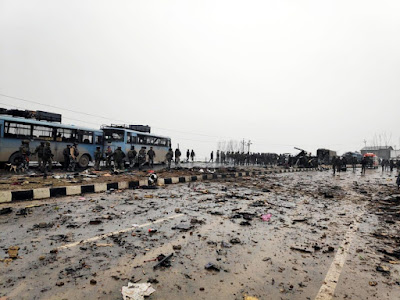Principle of Sharing Responsibilities
A democratic manager and
administrator acts upon the principle of sharing responsibilities. He does not
himself usurp all powers but shares, control and responsibilities not only with
his colleagues but also with the students. He does not make the mistake of
thinking that he is born to rule. He delegates some of his powers to his
colleagues. He avoids being on the top everything in the school. He introduces
student’s government in the school under the guidance of expert teachers.
Principle of Equality
According to Early
Childhood Care Education, “A democratic administrator
should look upon the personnel as socially equal to himself. He should not take
decisions by himself, but with his colleagues. He should make feel them
responsible and share in administration. He should have a code of set rules of
administration which he and his colleagues should follow rigidly, making no
discrimination in their application and lastly, he should want no special
privilege.” He should avoid all bossing tendencies. He should treat all those
who work under him as his co-workers as in democracy there are no subordinates.
Principles of Freedom
People are at their best
‘when they have freedom to exercise their powers and talents. Unnecessary
restraints imposed by the managers, administrators curb all initiative and
enthusiasm of their subordinates. The power of critical thinking to arrive at
the proper decisions which is an important feature of democratic education can
only be cultivated by individuals in an atmosphere of freedom.
Principles of Cooperation
A democratic head will stress the importance of working together
in a spirit of mutual help and cooperation. The school is said to be
cooperative society in which every member must work for all and all for each. A
cooperative spirit must be reflected in every activity of the school –
cooperation between the head and staff, head and the students, head and the parents,
head and managing committee, head and the inspector etc. All engaged in the
field of education have the same interests and purposes and there is no reason
why there should not be cooperation at all levels of educational management and
administration. According to Montessori
Training,
“The pupils of the school, if they are to develop the characteristics of
cooperativeness must live, when in school, as in a society which is a practical
way provides a living example of cooperation.” Dewey tells us, “A society which
makes provision for participation in the good of all its members on equal terms
and which secures flexible readjustment of its institutions through interaction
of the different forms of associated fife is in so far democratic. Such a
society must have a type of education which gives individuals a personal
interest in social relationships and control, and habits of mind which secure
changes without introducing disorder.
Principles of Justice


No comments:
Post a Comment